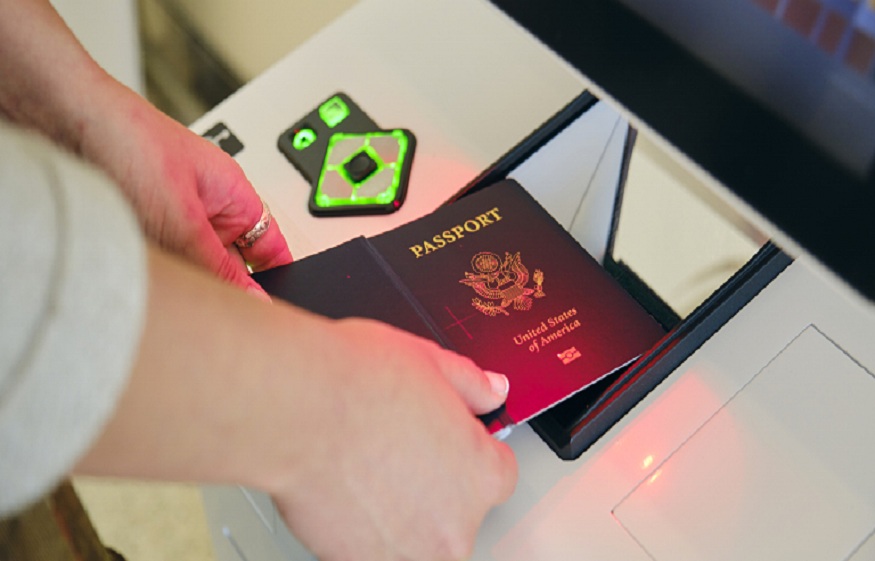In an era where global mobility is essential for economic development, the implementation of advanced identification technologies such as the DL scanner has become increasingly vital. These devices facilitate the quick and accurate recognition of IDs and passports, streamlining processes across various sectors, including travel, banking, and retail. The efficiency brought about by DL scanners not only enhances security measures but also contributes significantly to economic growth by improving operational efficiency, reducing fraud, and fostering consumer confidence.
The primary function of a DL scanner is to capture data from identification documents swiftly. By utilizing optical character recognition (OCR) technology, these scanners can read and digitize information from driving licenses and passports almost instantaneously. This capability reduces the time spent on manual verification processes that can often lead to delays in customer service. In industries where speed is crucial—such as airlines and financial institutions—DL scanners enable organizations to serve their customers more effectively, ultimately leading to increased revenue generation.
One of the most significant economic benefits of implementing DL scanners is their role in combating identity fraud. Fraudulent activities can have devastating effects on businesses and consumers alike, leading to substantial financial losses. By employing DL scanners equipped with advanced security features—such as barcode reading and real-time database verification—organizations can significantly reduce the risk of accepting counterfeit identification. This enhanced level of security not only protects businesses from potential losses but also fosters a safer environment for consumers, thereby encouraging more people to engage in transactions that contribute to economic activity.
Moreover, the integration of DL scanners into various sectors promotes compliance with regulatory requirements related to identity verification. Financial institutions, for example, must adhere to stringent anti-money laundering (AML) regulations that require thorough verification of customer identities. By automating this process with DL scanners, banks can ensure compliance while minimizing the risk of human error associated with manual checks. This adherence to regulations not only protects businesses from potential fines but also strengthens the overall integrity of financial systems—a critical factor in maintaining investor confidence and promoting economic stability.
The versatility of DL scanners also plays a crucial role in supporting international trade and tourism—the cornerstones of many economies worldwide. As globalization continues to expand markets, businesses increasingly encounter diverse identification formats from various countries. A capable DL scanner can recognize multiple ID types seamlessly, facilitating smoother transactions for international clients. This adaptability enhances operational efficiency in sectors such as travel and hospitality, where quick processing times are essential for attracting tourists and business travelers alike.
Furthermore, adopting DL scanner technology can lead to significant cost savings for organizations over time. By reducing reliance on manual identity verification processes, businesses can allocate resources more effectively—allowing employees to focus on higher-value tasks rather than administrative duties. The time saved during identity checks translates directly into increased productivity and profitability for companies across various sectors.
As we move forward into an increasingly digital economy, the role of DL scanners in enhancing identity verification will likely continue to grow. With ongoing advancements in technology—including artificial intelligence (AI) and machine learning—these devices will become even more sophisticated in recognizing patterns and detecting fraudulent activities. As they evolve, DL scanners will further streamline operations while ensuring compliance with ever-changing regulatory landscapes.
In conclusion, the implementation of ID and passport recognition technologies like DL scanners represents a significant opportunity for economic growth across multiple sectors. By enhancing operational efficiency, reducing fraud risks, and fostering consumer confidence through improved security measures, these devices play a pivotal role in shaping modern economies. As businesses embrace innovative solutions like DL scanners to navigate an increasingly complex landscape filled with identity challenges, they will undoubtedly contribute to a more robust economic future characterized by growth and resilience.





Leave a Reply
You must be logged in to post a comment.